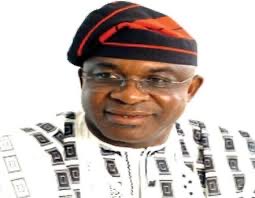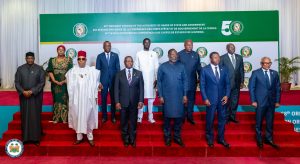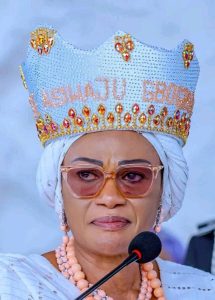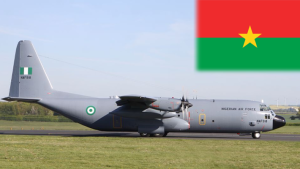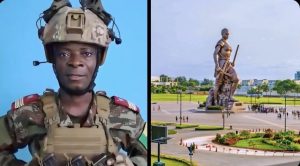The ADC has recently emerged from the shadows as a serious political contender with the potential to disrupt Nigeria’s political status quo. Once a fringe party with little national appeal, it has now been livened by a coalition of influential political figures drawn from the ruling APC, the opposition PDP, the Labour Party (LP), and the NNPP. What binds these new entrants is a shared sense of betrayal interference or marginalization, by President Tinubu.
This alliance once thought impossible due to the ego and ambition that dominate Nigeria’s political space has become a force too compelling to ignore. Its entrance into the 2027 political arena has been both sudden and electrifying. Within a short time, the ADC has stirred the polity, embarking on a whirlwind of sensitization and mobilization across the country. The resonance of their message has been so powerful that it has visibly unsettled the ruling party, prompting Tinubu to launch uncharacteristic verbal tirades. In Nasarawa he dismissed them as IDPs, in Kano, he reportedly said the coalition was a “congregation of bitter losers,” and in Ibadan, he referred to them as “a group of desperate men seeking relevance through confusion.”
These statements are revealing. They speak not of confidence, but of concern. Tinubu’s public rebukes underscore the growing realization that a credible opposition is emerging one not easily derailed or co-opted.
Interestingly, the same political machinery that fragmented the PDP and LP is now being countered by this new movement. Wike, widely seen as the disruptor-in-chief within both opposition parties, played a significant role in weakening internal cohesion. Meanwhile, the NNPP has been reduced to three factions: the Kwankwaso-led faction, the Dr. Boniface Aniebonam faction, and the Abba Kawu alliance. This judicially induced division, once thought to have cleared the path for APC dominance, may have instead birthed a more resilient political threat.
When Tinubu addressed the National Assembly earlier this year, his sarcastic sympathy for the PDP saying, “They used to be the umbrella, but now they need shelter themselves” was met with applause from his supporters but discomfort from democratic forces. That comment, laced with mockery, betrayed a desire for one-party dominance a desire increasingly being challenged by the ADC coalition.
The internal discipline of the ADC is also worthy of note. Members suspended their ambitions and focused on strengthening the party. Despite growing pressure from support groups and interest blocs for early endorsements, the leadership has remained focused on grassroots mobilization, which is now in its second phase. The success of recent rallies in Gombe, Osun, and Rivers State and the rousing welcome received in Daura by members of the coalition has shown that the movement is more than a social media phenomenon it is a growing national structure with widespread reach.
A political analyst recently remarked, “Sani, this ADC is spreading like wildfire they’ve already covered 60% of their intended zones, and the momentum is only growing.” This sentiment mirrors the frustrations of Nigerians hungry for an alternative to the current political institution. Many aggrieved members of the APC, PDP, and LP are flocking to the ADC not just as defectors but as believers in a new dawn.
If the PDP fails to resolve its internal crisis especially the Southeast’s boycott of the recent NEC meeting the ADC may capitalize on the same conditions that once delivered APC victory over PDP in 2015. Ironically, many of the political tacticians who contrived that upset are now driving this new coalition.
Unless something dramatic changes within the traditional parties, the ADC is poised to redefine Nigeria’s 2027 presidential race. The winds of political change are blowing and if the current trajectory continues, an upset may not just be possible it may be inevitable.

